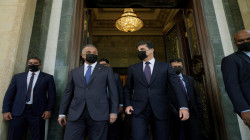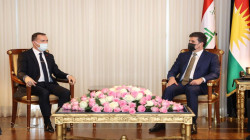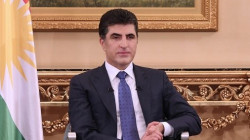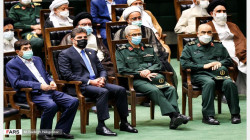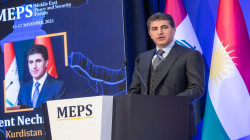March 11, 1970 Agreement: President Barzani asserts Kurdish rights undeniable
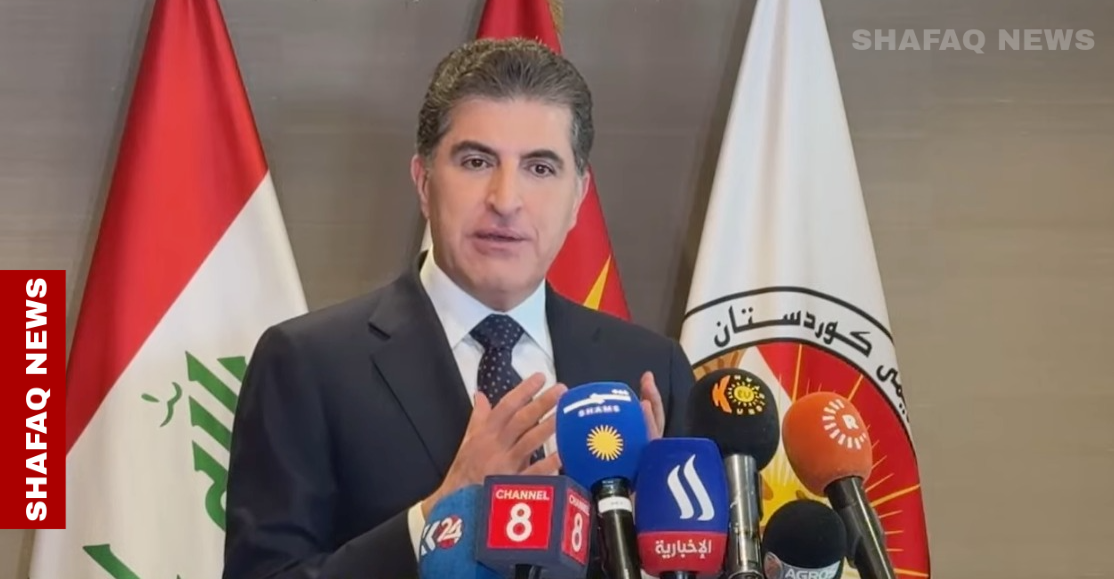
Shafaq News/ On Tuesday, Kurdistan Region (KRI) President Nechirvan Barzani affirmed that Iraq is still paying the price for “failing” to implement the March 11, 1970 Autonomy Agreement, urging political forces to foster peaceful coexistence.
In a statement marking the 55th anniversary of the agreement—led by Kurdish nationalist leader Mullah Mustafa Barzani—the president described it as “a historic turning point” in the Kurdish struggle, calling it the first official document to acknowledge part of the Kurdish people's legitimate rights and the legal foundation for their current achievements.
“No authority in Iraq can deny our rights again.”
The March 11 Agreement, he noted, was a model for a fair resolution based on understanding and dialogue. However, Iraq’s authorities later withdrew from it, leading to decades of conflict and wars that brought only "tragedy and suffering" to the country. "Even today, Iraq continues to pay the price for failing to uphold this agreement, true partnership, and the constitutional rights of all its components," he added.
Barzani further emphasized that stability can only be achieved through democracy, pluralism, joint efforts, and the reinforcement of justice and equality, noting, "Iraq’s future depends on enforcing the constitution, strengthening genuine partnership, and building a secure country."
“Unity and cohesion are the true guarantees for protecting constitutional gains and securing future generations," he stressed, urging political forces in the Region and Iraq to act with national responsibility in strengthening federalism, safeguarding the rights of all Iraqi communities, and fostering peaceful coexistence.
About The Agreement
The Autonomy Agreement, signed on March 11, 1970, between the Iraqi government and Kurdish leader Mullah Mustafa Barzani, followed the first Iraqi-Kurdish war. It aimed to create an autonomous region comprising the three Kurdish provinces (Erbil, Duhok, and Al-Sulaymaniyah) and other nearby areas with a Kurdish majority, as determined by the census.
At the time, it was the most significant attempt to resolve the long-standing Iraqi-Kurdish conflict. The agreement recognized Kurdish national rights, ensuring their participation in the Iraqi government and the use of Kurdish in education. However, a final solution to the Kirkuk issue was not reached, awaiting a determination of the province's ethnic composition.
